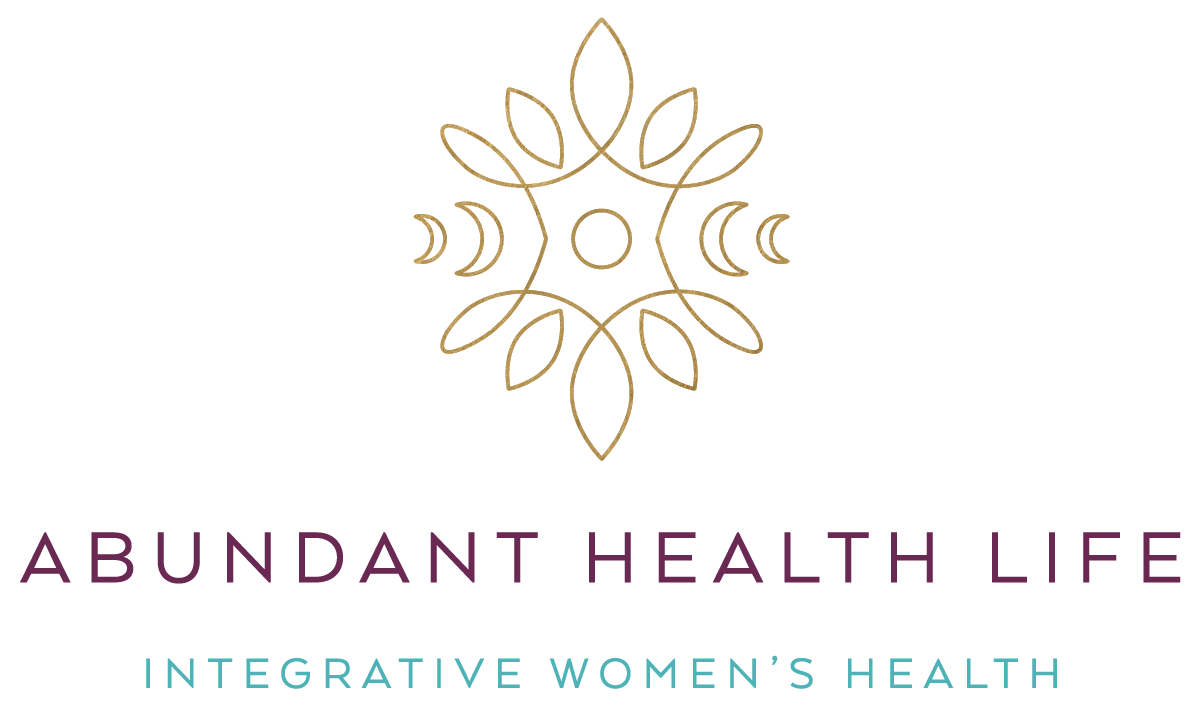The Secret to Restful Nights: How to Finally Get the Sleep You Deserve
Are you so exhausted that even sleep feels impossible? It’s ironic, isn’t it? Sleep should be the most natural thing in the world, yet for so many of us, it’s become a nightly struggle. We often take sleep for granted—until it starts slipping away. And once it does, it’s hard to think about anything else.
According to the American Psychological Association, 42% of adults report poor sleep quality. Stress plays a huge role in this, with 43% of adults saying that it’s stress that keeps them awake at night. We all know how important sleep is, yet it’s often the first thing we sacrifice when life gets overwhelming. But here’s the truth: you can’t afford to neglect your sleep. Your health, your mood, your entire quality of life depend on it.
Why Is Sleep So Hard to Come By?
Sleep is a fundamental human need, as essential as food and water. It’s the time when your body and mind rest, repair, and recharge. Yet, chronic sleep deprivation is alarmingly common and can lead to serious health issues, from weakened immunity to impaired memory and concentration.
So, why is something so natural now so elusive for so many? Think about how much has changed in your life since childhood. Back then, your biggest worry might have been getting good grades. Now, you’re juggling a demanding career, managing household responsibilities, caring for your family, and trying to find time for yourself. The mental load can be overwhelming, and it’s no wonder your sleep is suffering.
Add to that the environmental factors we face today—constant exposure to screens, blue light disrupting our circadian rhythms, and the toxins in our air, water, and food. It’s no surprise that falling and staying asleep has become a challenge.
How to Reclaim Your Rest
The good news is that you can improve your sleep, and it doesn’t require prescription medications. By understanding the factors that disrupt your sleep and making small, impactful changes, you can experience the restful, restorative sleep your body craves.
I’d like to invite you to our free webinar on August 21st, where we’ll dive into natural strategies to improve your sleep. You’ll learn practical tips to calm your mind, optimize your sleep environment, and establish a routine that supports deep, rejuvenating rest.
Register here and take the first step towards the peaceful, restorative sleep you deserve. We look forward to seeing you there!
References
American Psychological Association (APA) Stress in America Survey. Link. Accessed April 9, 2021.
Hirshkowitz, M., Whiton, K., et al. National Sleep Foundation's sleep time duration recommendations: methodology and results summary. Sleep health, 1(1), 40–43. Link.
Leka, S., Griffiths, A., Cox, T. Work Organisation & Stress. Protecting Workers’ Health Series, No 3. Link.
Barnthouse, M., Jones, B.L. The Impact of Environmental Chronic and Toxic Stress on Asthma. Clinic Rev Allerg Immunol 57, 427–438 (2019). Link.

